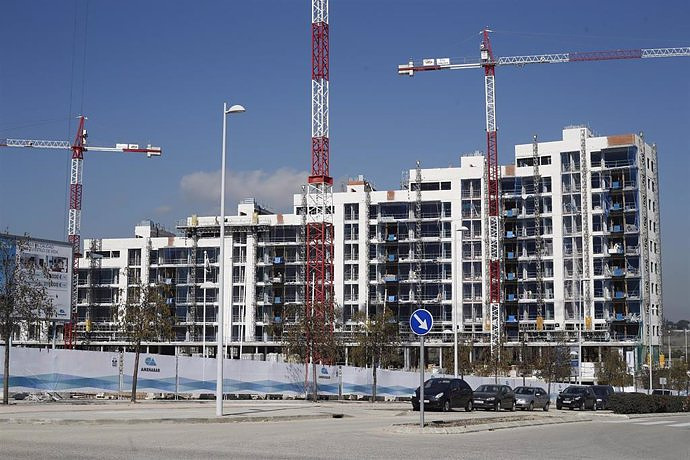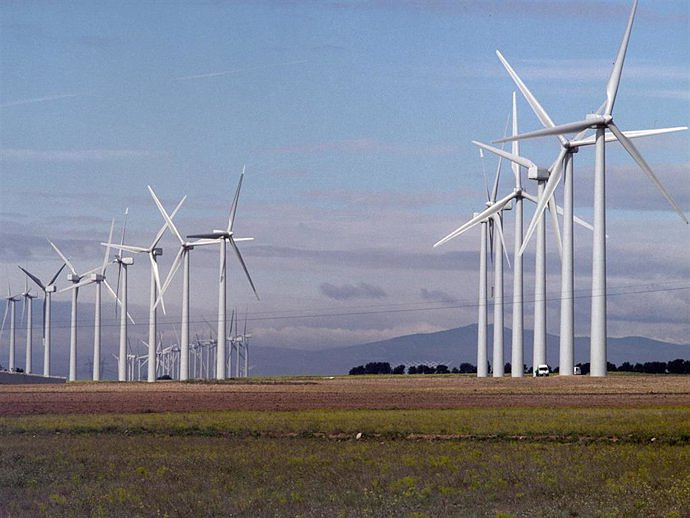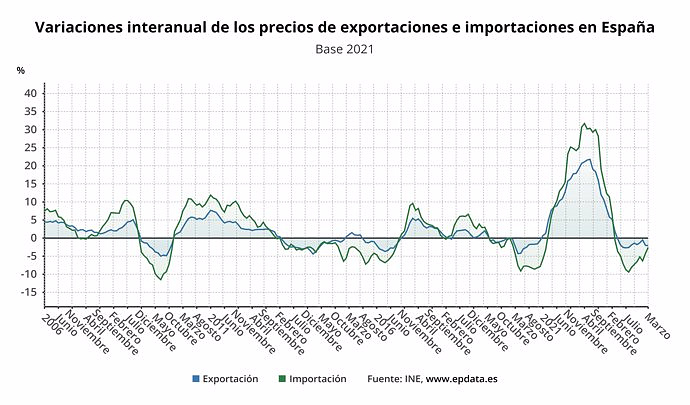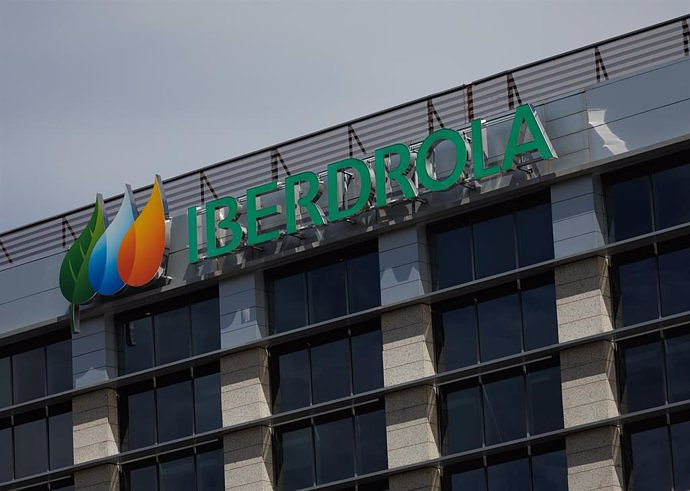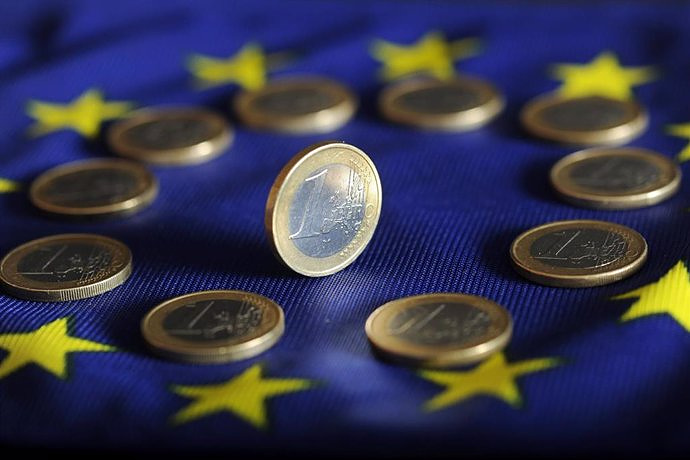The prime minister became popular as mayor of London and leaves power besieged by his own colleagues
MADRID, 7 Jul. (EUROPA PRESS) -
Boris Johnson's resignation from Downing Street marks the end of an era in the United Kingdom and of the ascending career of a politician who, in the successive positions he has held, has always marked his own style, although this has meant being practically alone in this last stage.
Johnson studied Classical Philology at the University of Oxford, but his career turned to journalism, working for various newspapers and even as a correspondent in Brussels, reporting on a European Union that he would ultimately end up rejecting.
In 2001, he made the leap to front-line politics, as an MP for the Conservative Party, but it was not until 2008 that he began his definitive rise to popularity, when he was elected Mayor of London for the first time. He reappointed four years later, but did not run for a third term.
At that time, he was already one of the main 'Tory' figures in the United Kingdom and all the polls marked him as an emerging figure, with more than obvious aspirations for national politics. Thus, in 2015 he returned to the House of Commons.
From the main legislative seat of the United Kingdom, he watched from the front row as the then Prime Minister, David Cameron, called the referendum that would ultimately take the country out of the European Union and that would end up elevating Johnson.
The then deputy became the most visible face of the campaign in favor of Brexit, with populist messages - and even misleading in terms of figures - that were key to the majority of the British voting in favor of the divorce of the community bloc.
However, after the resignation of Cameron as prime minister, he did not aspire to the leadership of the Conservative Party and the country, which paved the way for Theresa May, who nevertheless was practically forced to incorporate Johnson into her cabinet in July 2016, as foreign minister.
Johnson resigned about two years after his appointment as minister over alleged concessions by May in European Union negotiations. The former mayor of the capital proposed a more forceful speech and advocated leaving at all costs, even shaking the specter of what is known as 'hard Brexit' – a divorce without an agreement in between.
The negotiations wore May down to the point that she too was forced to resign, like her predecessors, months after surviving a no-confidence motion by her own Conservative Party peers. Then came Johnson's big break.
The Conservatives then leaned towards a blunt 'Brexiter' and with hardly any filters, entrusting him to finish negotiations that in October 2019 resulted in a first agreement that was key for the 'Tories' to achieve a solid majority in the December elections , turned into a plebiscite on Johnson's management.
On January 31, 2020, the long-awaited Brexit for which Johnson had advocated so much arrived and the transition phase ended at the end of this year, but the application of the commitments is still going on, with Johnson once again facing the European Union head-on mainly at the expense of the application of the Northern Ireland Protocol, which London tries to modify unilaterally even though for Brussels it supposes a breach of International Law.
Johnson has been the leader of the Government that has been forced to deal with the COVID-19 pandemic, not without controversy on this front as well. Initially, the prime minister suggested a strategy that practically involved living with the virus, but his admission to the intensive care unit marked a turning point.
A new Johnson emerged from the hospital, a supporter of confinement measures comparable to those of other countries around him, but his strategy has ended up clouded by the scant commitment of members of the Government to the policies he demanded for the citizenry as a whole.
The celebration of several parties in public buildings, some of them in Downing Street and with the presence of Johnson, jumped in November 2021 as a media bomb against the Executive's waterline. The 'Partygate' drew a double yardstick in the hardest moments of the pandemic.
The prime minister initially denied having incurred in irregularities, but his version was modulated by contrasted facts. An official report questioned the government's actions and Scotland Yard ended up imposing dozens of fines on those attending the controversial parties, including Johnson himself.
The 'Partygate', which had already been preceded by the doubts raised by a reform of Johnson's apartment, was the straw that broke the camel's back for a critical sector within the 'Tories' that seemed increasingly broad. The prime minister, however, limited himself to some timid apologies, making it clear that he would not resign of his own free will.
With Johnson entrenched in his own speech, his colleagues managed to add the necessary signatures so that on June 6, just a month ago, an internal censure motion would be held, a tactic that had already been used against May and that, if it had prospered , implied the fall of the 'premier' by friendly fire.
Johnson saved the party ball thanks to the support of 59 percent of the deputies, a level of support lower than that which May had obtained months before resigning but which for the chief executive served to get his chest out and consider the internal crisis buried . Not surprisingly, the current regulations prevented the 'Tories' from resorting to this same motion within a year.
However, Johnson's stability was by no means assured and, while some conservative voices were already talking openly about changing the rules to promote a second vote against the prime minister, other scandals were piling up on Downing Street.
The final controversy has revolved around Chris Pincher, appointed as deputy coordinator of the parliamentary group of the Conservative Party despite the accusations of harassment against him. Initially, Downing Street claimed that Johnson was unaware of these complaints, but on Tuesday the version changed: the prime minister admitted that he did know of the accusations and apologized.
The damage had already been done and just a few hours later, two government heavyweights, the finance and health ministers, Rishi Sunak and Sajid Javid, triggered a wave of dozens of resignations. The message from the outgoing senior officials revolved around a loss of confidence in Johnson.
The prime minister, however, appeared again to deny that he had planned to resign, which led his own team to force further public and private pressure with a parade of ministers on Wednesday in Downing Street to demand that Johnson throw the towel.

 Exploring Cardano: Inner Workings and Advantages of this Cryptocurrency
Exploring Cardano: Inner Workings and Advantages of this Cryptocurrency Seville.- Economy.- Innova.- STSA inaugurates its new painting and sealing hangar in San Pablo, for 18 million
Seville.- Economy.- Innova.- STSA inaugurates its new painting and sealing hangar in San Pablo, for 18 million Innova.- More than 300 volunteers join the Andalucía Compromiso Digital network in one month to facilitate access to ICT
Innova.- More than 300 volunteers join the Andalucía Compromiso Digital network in one month to facilitate access to ICT Innova.-AMP.- Ayesa acquires 51% of Sadiel, which will create new technological engineering products and expand markets
Innova.-AMP.- Ayesa acquires 51% of Sadiel, which will create new technological engineering products and expand markets Nadal is still alive and exciting in Madrid
Nadal is still alive and exciting in Madrid The Treasury injected another 500 million into the SEPI in March to purchase Telefónica shares
The Treasury injected another 500 million into the SEPI in March to purchase Telefónica shares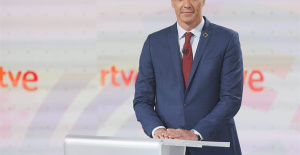 The complaints from ERC and PP against Sánchez's interview do not reach the JEC in time, which did not consider suspending it
The complaints from ERC and PP against Sánchez's interview do not reach the JEC in time, which did not consider suspending it Occupancy in Spain for the May long weekend exceeds 80%, with Andalusia and the Canary Islands as preferred destinations
Occupancy in Spain for the May long weekend exceeds 80%, with Andalusia and the Canary Islands as preferred destinations How Blockchain in being used to shape the future
How Blockchain in being used to shape the future Not just BTC and ETH: Here Are Some More Interesting Coins Worth Focusing on
Not just BTC and ETH: Here Are Some More Interesting Coins Worth Focusing on They create a bank of machinery sounds to prevent breakdowns through artificial intelligence
They create a bank of machinery sounds to prevent breakdowns through artificial intelligence UPV students build a prototype of a wooden house to move to Equatorial Guinea
UPV students build a prototype of a wooden house to move to Equatorial Guinea The UA opens the call for the Impulso 2024 Awards for the best innovative business initiatives
The UA opens the call for the Impulso 2024 Awards for the best innovative business initiatives ALI, virtual assistant from Alicante, internationally recognized by the OECD
ALI, virtual assistant from Alicante, internationally recognized by the OECD A million people demonstrate in France against Macron's pension reform
A million people demonstrate in France against Macron's pension reform Russia launches several missiles against "critical infrastructure" in the city of Zaporizhia
Russia launches several missiles against "critical infrastructure" in the city of Zaporizhia A "procession" remembers the dead of the Calabria shipwreck as bodies continue to wash up on the shore
A "procession" remembers the dead of the Calabria shipwreck as bodies continue to wash up on the shore Prison sentences handed down for three prominent Hong Kong pro-democracy activists
Prison sentences handed down for three prominent Hong Kong pro-democracy activists ETH continues to leave trading platforms, Ethereum balance on exchanges lowest in 3 years
ETH continues to leave trading platforms, Ethereum balance on exchanges lowest in 3 years Investors invest $450 million in Consensys, Ethereum incubator now valued at $7 billion
Investors invest $450 million in Consensys, Ethereum incubator now valued at $7 billion Alchemy Integrates Ethereum L2 Product Starknet to Enhance Web3 Scalability at a Price 100x Lower Than L1 Fees
Alchemy Integrates Ethereum L2 Product Starknet to Enhance Web3 Scalability at a Price 100x Lower Than L1 Fees Mining Report: Bitcoin's Electricity Consumption Declines by 25% in Q1 2022
Mining Report: Bitcoin's Electricity Consumption Declines by 25% in Q1 2022 Oil-to-Bitcoin Mining Firm Crusoe Energy Systems Raised $505 Million
Oil-to-Bitcoin Mining Firm Crusoe Energy Systems Raised $505 Million Microbt reveals the latest Bitcoin mining rigs -- Machines produce up to 126 TH/s with custom 5nm chip design
Microbt reveals the latest Bitcoin mining rigs -- Machines produce up to 126 TH/s with custom 5nm chip design Bitcoin's Mining Difficulty Hits a Lifetime High, With More Than 90% of BTC Supply Issued
Bitcoin's Mining Difficulty Hits a Lifetime High, With More Than 90% of BTC Supply Issued The Biggest Movers are Near, EOS, and RUNE during Friday's Selloff
The Biggest Movers are Near, EOS, and RUNE during Friday's Selloff Global Markets Spooked by a Hawkish Fed and Covid, Stocks and Crypto Gain After Musk Buys Twitter
Global Markets Spooked by a Hawkish Fed and Covid, Stocks and Crypto Gain After Musk Buys Twitter Bitso to offset carbon emissions from the Trading Platform's ERC20, ETH, and BTC Transactions
Bitso to offset carbon emissions from the Trading Platform's ERC20, ETH, and BTC Transactions Draftkings Announces 2022 College Hoops NFT Selection for March Madness
Draftkings Announces 2022 College Hoops NFT Selection for March Madness

